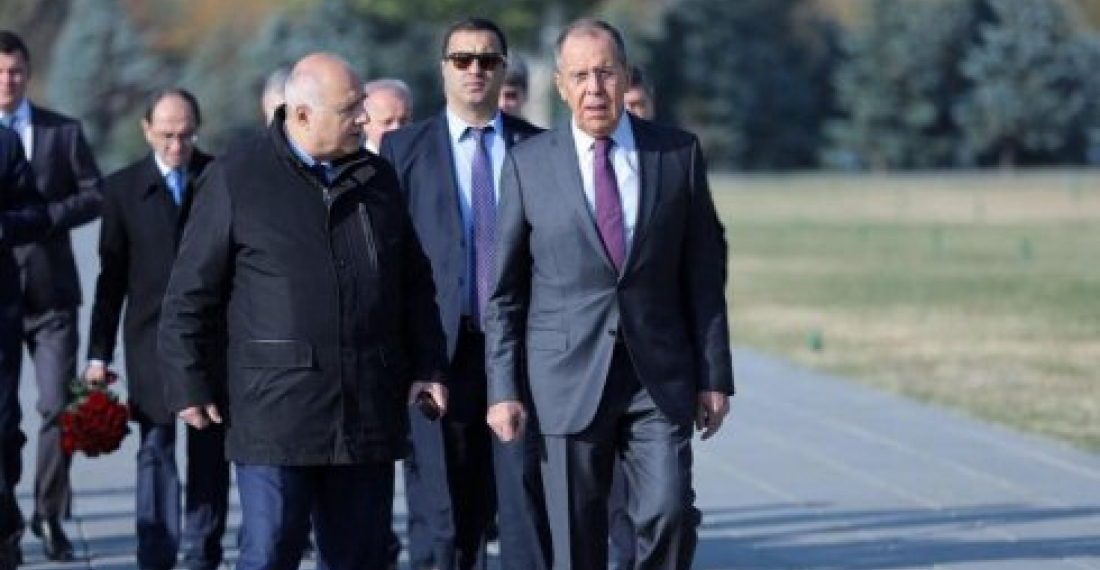Comments made in Yerevan by Russian Foreign Minister Sergei Lavrov have upset the authorities in Azerbaijan. Lavrov made the comments during an official visit to Armenia at the begining of this week.
read more: Russia is ready to act as guarantor of any Karabakh settlement
The first response came from the Azerbaijani Foreign Ministry. Spokesperson, Leyla Abdullayeva in a comment on Monday (11 November) promptly reminded Lavrov of the existance of the Azerbaijani community of Nagorno-Karabakh
"As we have always noted, I want to stress once again that only the return of Azerbaijanis expelled from this region to their homes in Nagorno-Karabakh can open up real possibilities for resolving the conflict within the borders of Azerbaijan on the basis of high-level self-government status, which provides for the coexistence of both communities in the region - Azerbaijani and Armenian, in peace and security", she added.
On Wednesday (13 November), the Azerbaijani community of Nagorno-Karabakh also issued a statement in which they said that the comments of Foreign Minister Lavrov were "sad and astonishing". It reminded that the Armenian and Azerbaijani communities of Nagorno-Karabakh have been identified as interested parties within the OSCE Minsk Process empowered to mediate a solution of the conflict. "In the documents of major international organizations on the Armenian-Azerbaijani Nagorno-Karabakh conflict, the concept of 'the people of Nagorno-Karabakh' is never mentioned", the statement added.
The statement added that Sergei Lavrov's comments at the briefing are also regrettable because he did not emphasize the right of Azerbaijanis displaced by the conflict to return to their lands. "We expect a fair position from the co-chairing states and influential international organizations that carry out a mediation mission in the Armenian-Azerbaijani Nagorno-Karabakh conflict. Only then will peace be established in Nagorno-Karabakh and, as in the past, Azerbaijanis and Armenians can live in peace in the internationally recognized borders of Azerbaijan", the statement concluded.
In the meantime, speaking in Paris, Armenian prime minister Nikol Pashinyan said that under his government the international community was starting to understand that the Nagorno-Karabakh issue was not a territorial issue. He accused Azerbaijan of being interested in land rather than the people of Nagorno-Karabakh, and once more reiterated that the positions of Yerevan and of the leadership of the Armenian leadership in Nagorno-Karabakh were identical.
source: commonspace.eu with agencies
photo: Foreign Minister Sergei Lavrov in Armenia on 11 November 2019.






